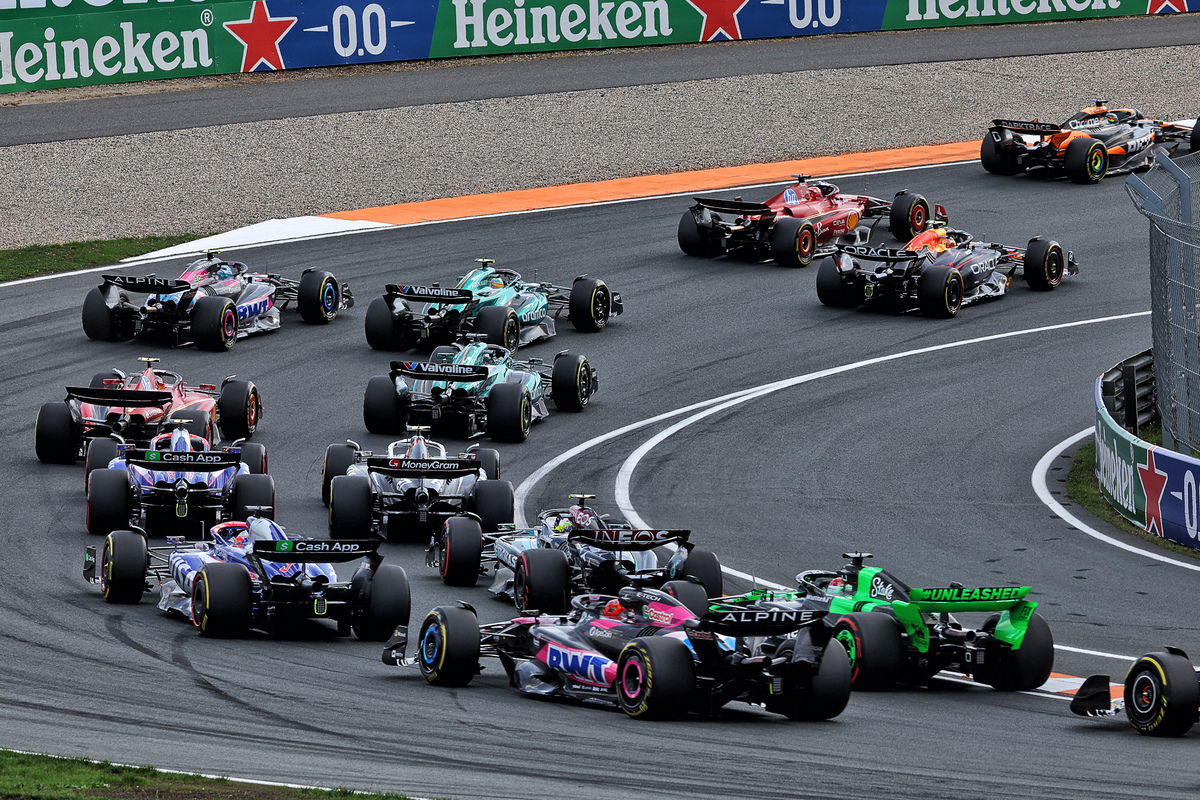

Financial regulations limit teams’ ability to spend freely in a move designed to control costs and even the playing field.
A review of the accounts for both teams and power unit manufacturers throughout the 2023 championship revealed all 10 teams were in compliance with the financial regulations.
However, the sport’s governing body did detect two procedural breaches among the four power unit manufacturers.
Those breaches typically amount to accounting errors; costs included on the wrong schedule rather than an overspend or deliberate attempt to circumvent the rules.
In this instance, Alpine and Honda were both found to have committed procedural breaches, though noted that both had “acted at all times in good faith.”
More on Alpine and Honda
👉 Alpine rejects claims F1 team was offered to Nico Rosberg
👉 Why Alpine should be the most popular team in F1
👉 Why Honda could supply Alpine power units
Alpine and Honda are currently working with the Cost Cap Administration, a function of the FIA, to finalise the issue.
The intent of that process is to have an Accepted Breach Agreement reached with both parties, though that remains a work in progress.
“Considering the nature of the breach, the complexities of the new Financial Regulations for PU Manufacturers and the challenges associated with their first year of implementation it is the CCA’s intention to propose to these two PU Manufacturers to settle their respective breaches by means of an Accepted Breach Agreement (ABA),” the FIA outlined in its announcement.
It’s understood Alpine is working to shutter its power unit program at the end of 2025 amid ongoing speculation the team is for sale despite continued denials from the operation.
Ironically, Alpine’s withdrawal as a power unit manufacturer could see it acquire Honda power units, though Mercedes remains the front-runner for the supply deal.
Financial regulations were first introduced to Formula 1 in 2021 and have been credited with transforming the landscape for teams.
Where once an F1 team had little value given the money they absorbed, a limit on expenditure – both operational and capital – saw many in a position to at least break even, if not post a profit.
In concert with revised prize money splits under the Concorde Agreement, the financial health of teams has improved significantly with most valued at well over $1 billion.
Financial regulations applied to power unit manufacturers last year for the first time with a view to regulating the cost of development of the next generation of F1 power unit – earmarked for 2026.





















Discussion about this post